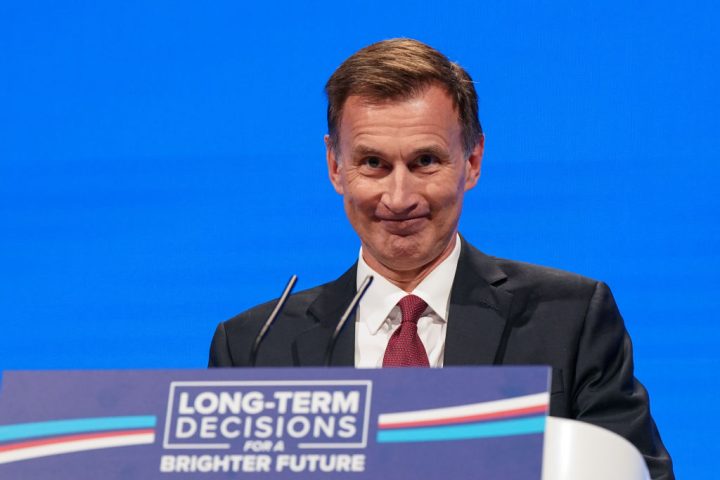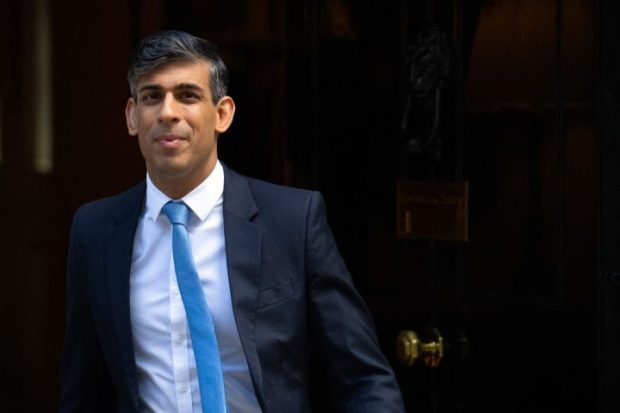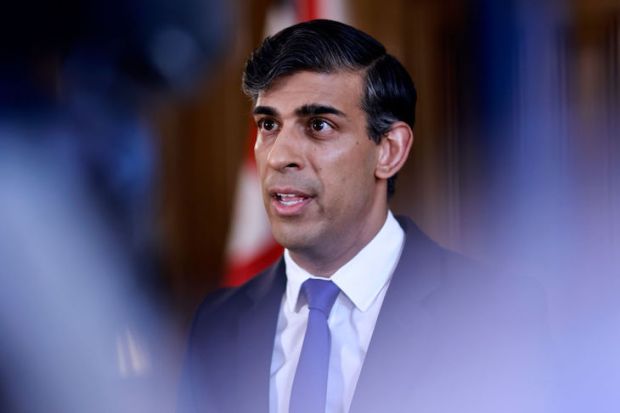You can’t fault Mel Stride for trying. Conscious that our current levels of worklessness are neither sustainable nor likely to win the Tories plaudits at the next general election, the Work and Pensions Secretary has been proposing a range of wild and wacky solutions. In February, it was reported the government would be expanding ‘midlife MOTs’ to get the unemployed under-50s back to work. In July, the Department for Work and Pensions (DWP) policy generator was at it again, encouraging doctors to refer patients to life coaches rather than sign them off sick.
Now we’re getting the stick: new reforms would see people who refuse take on work placements or to engage with job centre staff having their Universal Credit and other entitlements, such as dental care, stopped.
The reforms will be met with predictable howls of outrage, but this crackdown is overdue. State support ought to exist for those who cannot work, not those who cannot be bothered to work. The status quo is unsustainable: the DWP estimates that welfare spending on people with disabilities and health conditions will hit £100 billion by 2027, up 77 per cent from pre-pandemic levels. The bill for those of working age is on course to rise 84 per cent to £77.5 billion over the same period.
The numbers are staggering. In July to September, 1.45 million people were unemployed – meaning they are not in work but are looking for work, having done so at some point during the past four weeks. 8.73 million people aged 16-64 were economically inactive. 2.5 million people are out of work because of long-term health conditions, nearly half a million more than pre-pandemic. Studies show that most of them are complaining about anxiety, depression or other mental health issues.
Meanwhile, 3.5 million people aged 50 to 64 are out of work and not looking for work. That’s 280,000 more than in the first quarter of 2020 – a number around the size of the population of Milton Keynes. And though the government has set these early retirees in its sights, it’s unlikely they will be lured back into work having left it – with the notable exception of former public sector employee Lord Cameron.
But here’s the problem that we’ll hear raised a lot over the next 12 months: the Tories have had years to fix this. The last time the party displayed boldness on the welfare issue was a decade ago, when Iain Duncan Smith introduced Universal Credit. He has since had eight successors.
The likelihood that this latest proposal will get through parliament and up and running feels slim. But there are still policies which can be swiftly implemented that signal the Tories are returning to first principles.
Chancellor Jeremy Hunt has now given a clear indication that both personal and business tax cuts are on the cards. The hope must be that he presses ahead, and now – rather than promising cuts after the next general election.
He will be doing so in the face of ferocious opposition. Bafflingly, even many on the right have been critical of inheritance tax cuts – one of the measures Hunt and Sunak are thought to be exploring. Their arguments seeming to boil down to a concern it will play to the Tory base rather than those who would never vote Blue anyway. But there are now only four countries in the OECD which tax the total wealth of the deceased. Over half of Brits view the grotesque levy as unfair. It raises just £7 billion a year, and is anti-family, anti-aspiration and anti-prosperity.
Scrapping this immoral levy ought to go hand in hand with a ‘rabbit’ for businesses: permanent full expensing. This enables companies to write off the total cost of investment in one go, offering a direct tax reduction. For every pound a company invests, its taxes are reimbursed by up to 25p. But this pro-growth exemption is scheduled to end in 2026. Why?
With inflation halved, Hunt has run out of places to hide. The National Institute for Economic and Social Research has suggested the Chancellor ‘has £90 billion to fund tax cuts on Wednesday’; other economists have forecasted the fiscal headroom may be higher.
Confessing that Hunt isn’t ‘personally comfortable’ with our current tax burden – set to reach a post-war high later this decade – isn’t enough. Perhaps cutting taxes won’t be either, at least not to reverse the Tories’ fortunes, but it’s better than hastily concocted reforms that undermine genuine efforts to tackle the problems with the welfare state.
Got something to add? Join the discussion and comment below.
Get 10 issues for just $10
Subscribe to The Spectator Australia today for the next 10 magazine issues, plus full online access, for just $10.



















Comments
Don't miss out
Join the conversation with other Spectator Australia readers. Subscribe to leave a comment.
SUBSCRIBEAlready a subscriber? Log in